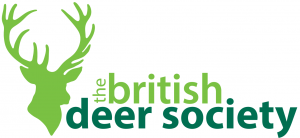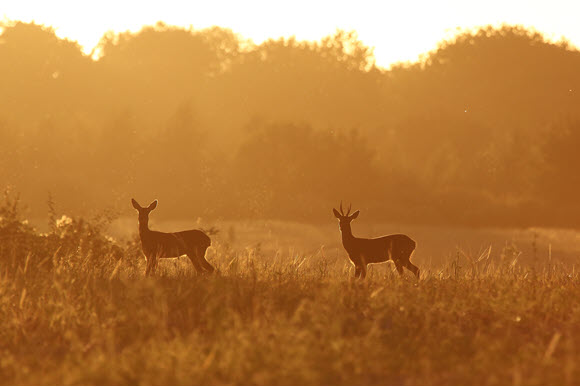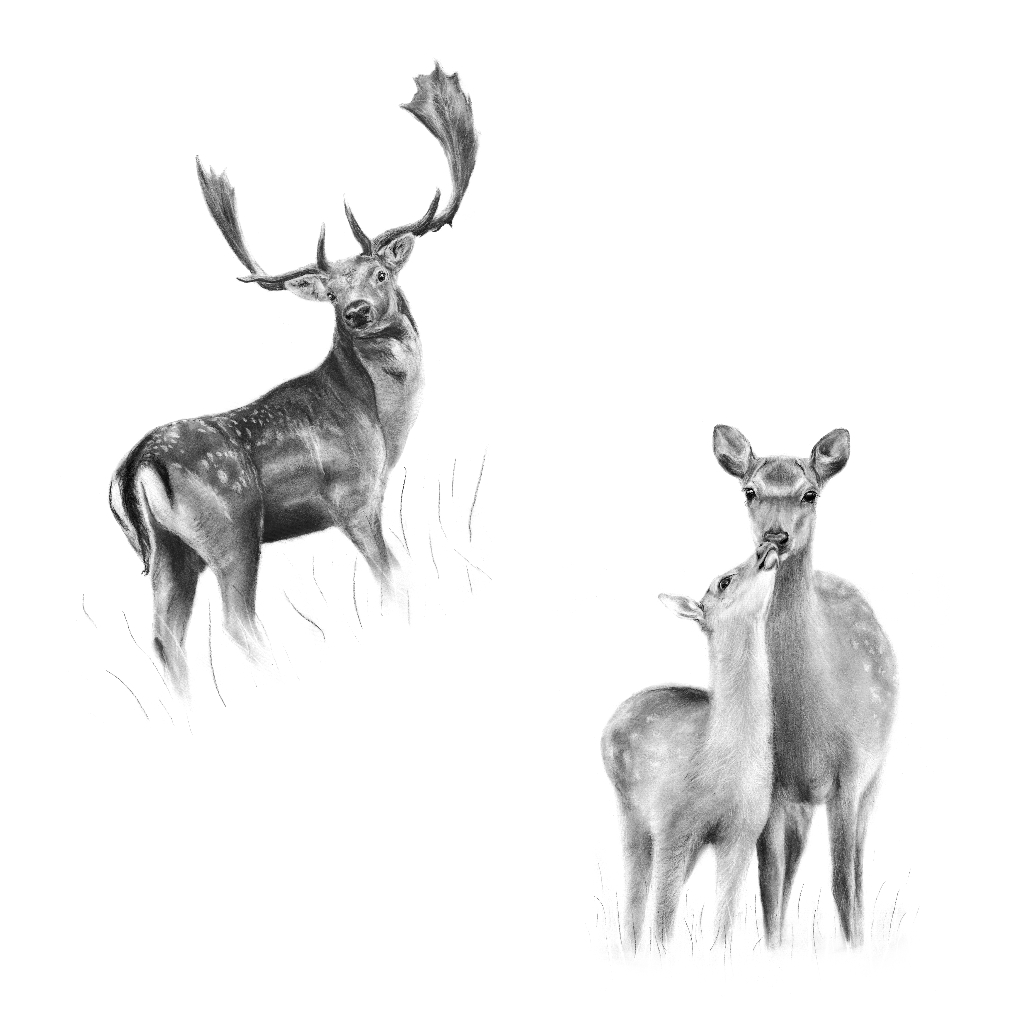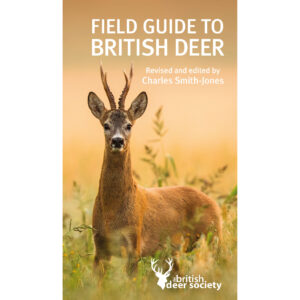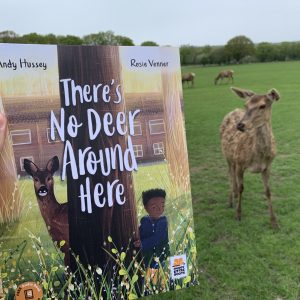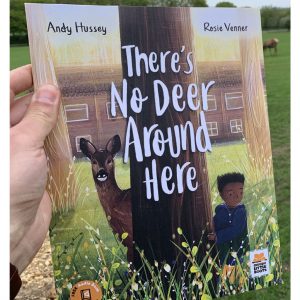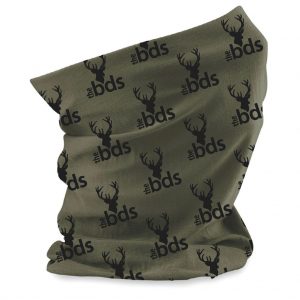HAZARDS TO DEER WELFARE
The British Deer Society exists to educate and inspire everyone about deer in their environment.
The BDS also works to raise awareness on deer welfare issues and hazards in the UK.
Read more: Hazards to deer
HELP! I FOUND AN INJURED DEER, WHAT SHOULD I DO?
If you find an injured or sick deer, please select the option below that best describes the circumstances the deer is in.
You will then be shown advice that will show the best way to help the deer.
- The injured deer is on the roadside
- The injured deer is in your garden, in a park or similar location
- The injured deer is stuck in a fence
- The deer is injured but is still mobile / moving
- The deer is being attacked by dogs / has been injured by dogs
- The deer appears to have a limp / be limping
- I found a baby deer, it's just lying there. I'm not sure if it's injured.
IF THE DEER IS INJURED AT THE ROADSIDE
- Pull over at a safe place, then call the Police.
- Give the police as precise a location as you can. We recommend using What3Words.
- The police will deal with the situation and have access to specialists.
- Do not try to assist or move the deer as this can put you in danger and cause additional stress to the deer.
See more: Drive Deer Aware.
IF THE DEER IS IN A GARDEN OR A SIMILAR PUBLIC PLACE
- Do not try to assist or move the injured deer as this can put you in danger and cause additional stress to the deer.
- Call your nearest wildlife rescue or an appropriate trained person to help you.
- Give them as precise a location as you can. We recommend using What3Words.
- Keep an eye on the deer from a distance and ideally hidden from sight. This will help the deer to remain as calm as possible until professional help arrives.
IF THE INJURED DEER IS STuCK IN FENCING
For full advice please see: Deer stuck in a fence. What to do.
- Call your nearest wildlife rescue or an appropriate trained person to help you.
- Give them as precise a location as you can. We recommend using What3Words.
- Do not try to assist or move the deer as this can put you in danger and cause additional stress to the deer.
- Keep an eye on the deer but at a distance and ideally hidden from sight. This will help keep the deer as calm as possible until professional help arrives.
IF THE DEER IS INJURED BUT MOBILE / WALKING / RUNNING
- Call your nearest wildlife rescue or an appropriate trained person to help you.
- Give them as precise a location as you can. We recommend using What3Words.
- If you can get a photograph or video of the deer and its injury this will help the rescue professional better assess the situation.
- If possible and safe to do so, try to keep sight of the deer from a distance. This will likely be very difficult to do and do not put yourself in danger trying to follow the deer.
IF THE DEER IS BEING ATTACKED BY DOGS / HAS BEEN INJURED BY DOGS
If the deer is under attack from a dog/dogs, attempting to intervene is potentially dangerous. You could alternately be injured by the deer that is trying to defend itself or bitten by the dog – especially if it is in a frenzied state.
- Call the Police.
- If the deer is lying injured from a known dog attack, keep well back. The deer will be in shock or preparing to fight or flee.
- Do not try to assist or move the deer. This can put you in danger and cause further stress to the deer.
- The Police will deal with the situation and have access to specialists.
- Sadly deer injured by dogs rarely recover and often need to be euthanized.
- The dog/dogs involved, if deemed dangerous, may be destroyed.
IF THE DEER APPEARS TO BE LIMPING
- Deer occasionally suffer from temporary injuries that heal over time, and often recover completely from more severe ones that might completely incapacitate a human.
- If you are concerned, try to get a video of the deer that is limping and then contact your nearest wildlife rescue centre. They will then assess what might be best to do for the deer.
- Taking any wild animal into captivity is not a decision to be taken lightly. Some animals, including deer, don’t always respond well.
PLEASE HELP US TO KEEP EDUCATING & INSPIRING EVERYONE ABOUT DEER FOR FREE
If you have found our free resources about deer in the UK useful then we’d really appreciate your support in helping us keep them free for all! How can you support our work?



